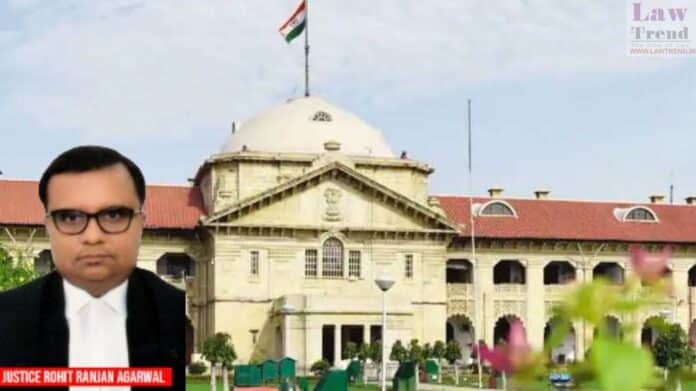In a significant ruling, the Allahabad High Court has expressed deep concerns over the prolonged involvement of practising advocates in the management of ancient temples in Mathura, questioning the suitability of such appointments and calling for immediate reforms. The court emphasized that the administration of these revered temples should not be entangled in lengthy legal
To Read More Please Subscribe to VIP Membership for Unlimited Access to All the Articles, Download Available Copies of Judgments/Order, Acess to Central/State Bare Acts, Advertisement Free Content, Access to More than 4000 Legal Drafts( Readymade Editable Formats of Suits, Petitions, Writs, Legal Notices, Divorce Petitions, 138 Notices, Bail Applications etc.) in Hindi and English.




